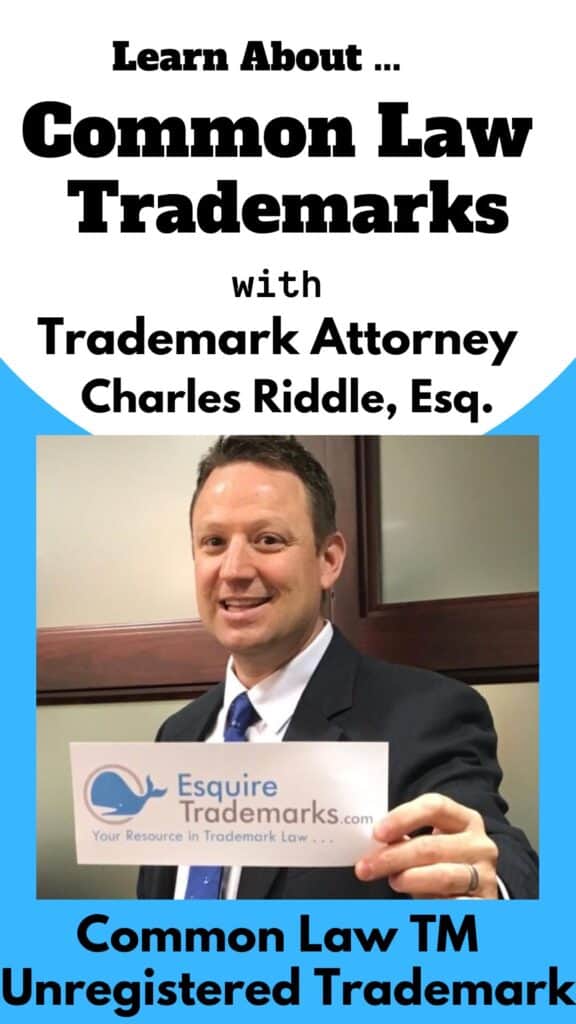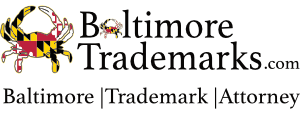About Common Law Unregistered Trademark Rights
Common law trademark rights are unregistered rights that are acquired by using a name or symbol with goods or services in commerce. They are not as strong as registered trademark rights, but they can still be valuable in preventing others from using similar marks.
1. Unregistered TM rights are common law rights.
2.Unregistered TM Rights are enforceable in court.
3. Prior Unregistered TM Rights are used at the Trademark Office to oppose pending trademark applications.
4. Prior Use Unregistered Trade Mark Rights are used in Cancellation Proceedings to cancel Registered TMs.

A Good Example of Common Law Trademark Rights
Baltimore’s Little Havana Restaurant is a great example of an unregistered trademark. The business has been around for over 25 year’s and is a staple of Greater Baltimore. Should someone open a restaurant in the area with the same name, common law rights can be used to stop it.
Important Tips on Common Law Unregistered Trademarks
You can be sued for infringing someone’s unregistered trademark
An Unregistered common law Trade Mark can trump a trademark application or registration.
Your trademark application can be opposed by someone who has unregistered trademark rights – if they were first to use.
Even if your trademark gets registered, it can be canceled by someone who has unregistered trademark rights – if they were first to use.
How are Common Law Trademark Rights Created?
To establish CL trademark rights, you must use the mark in commerce in a way that is likely to cause consumers to associate the mark with your goods or services. The mark must also be distinctive, meaning that it must be unique enough to distinguish your goods or services from those of others.
Do Common Law TM Rights Exist Nationwide?
Common law trade mark rights are often limited to the geographic area in which the mark is used. For example, if you use a mark only in California, you may only have enforceable rights in California.
Can Unregistered Trademark Rights Expire?
Common law trade mark rights can be lost if the mark is not used in commerce for a period of time. The amount of time that is required to lose common law TM rights varies depending on the circumstances. This is known as trademark abandonment.
What are the Benefits of having common law trademark rights?
Common Law TMs can help you prevent others from using similar marks in your geographic area.
Unregistered TMs can give you a head start in the process of registering your trademark with the United States Patent and Trademark Office (USPTO).
They can help you build goodwill and brand recognition for your business.
What are the Limitations of common law trademark rights?
They are not as strong as registered trademark rights.
They can be lost if the mark is not used in commerce for a period of time.
They can be difficult to prove and enforce.
If you are considering using a trademark, it is important to weigh the benefits and limitations of common law trademark rights before making a decision. If you believe that your trademark is valuable, you may want to consider registering your trademark with the USPTO.
